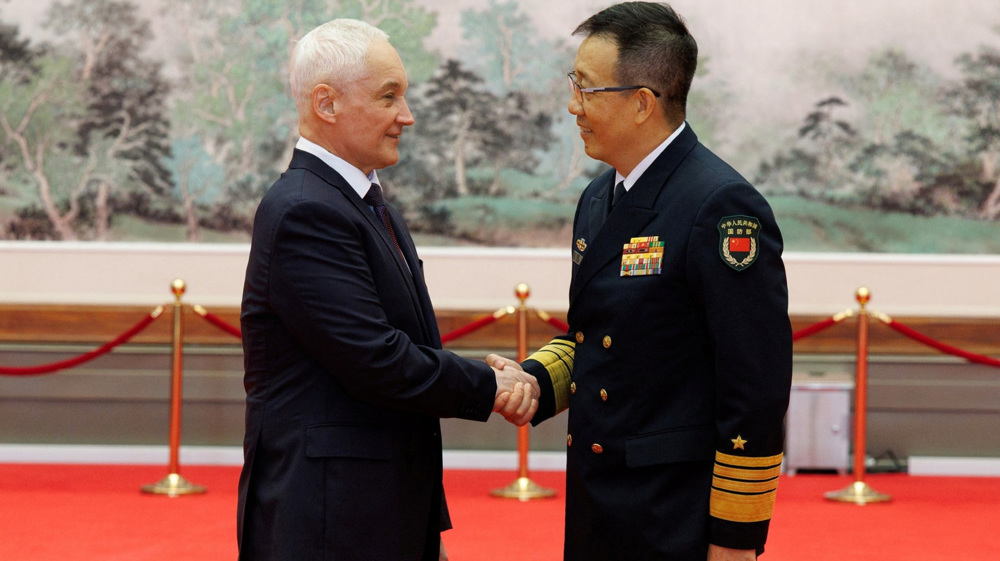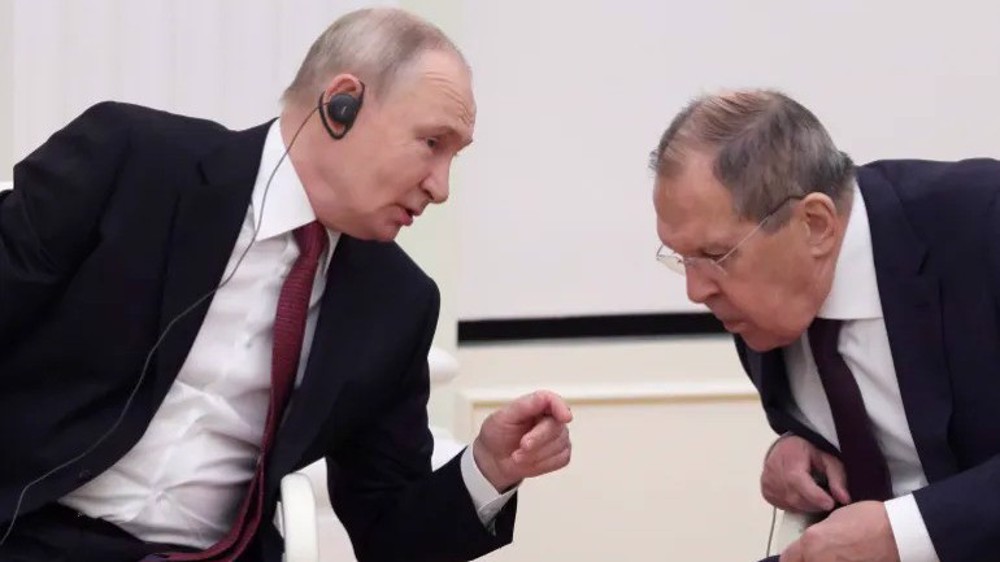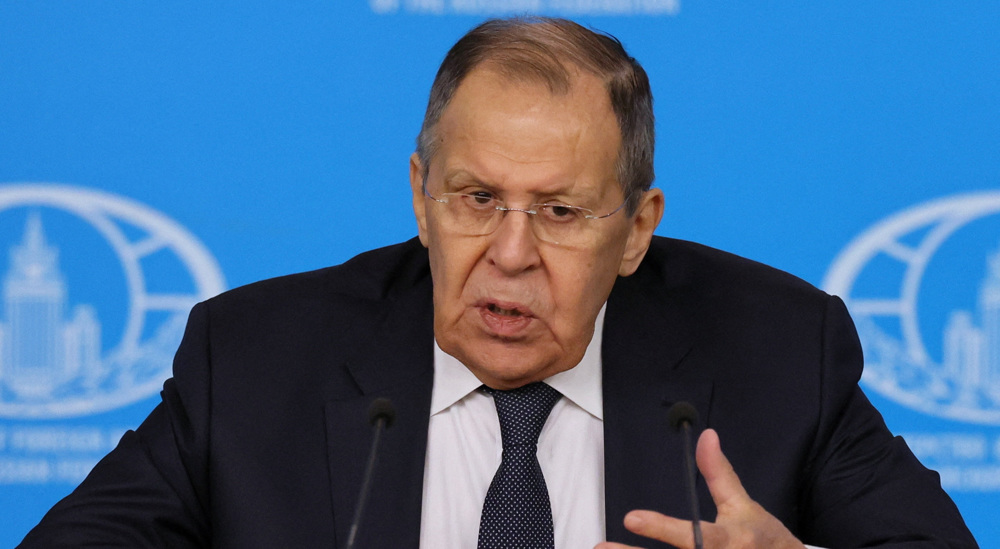EU agrees to sanctions targeting Russians over Navalny case
The European Union (EU) has agreed to back a French-German proposal to sanction a number of Russian officials over accusations of the poisoning of opposition figure Alexei Navalny.
The bloc reached a political agreement at a meeting of EU foreign ministers in Luxembourg on Monday to start preparing punitive measures in support of the sanctions proposed by Berlin and Paris last week.
EU diplomats said there was broad support among the 27 foreign ministers for asset freeze and travel ban targeting several Russian military intelligence officials over the case of Navalny.
Legal texts must be prepared and cleared by experts from the EU member states before the sanctions take effect.
Last week France and Germany directly accused Russia of being responsible for poisoning Kremlin critic Navalny and threatened to sanction Russia.
German Foreign Minister Heiko Maas said the attack against Navalny could not "remain without consequences.”
Navalny fell ill on a domestic Russian flight on August 20, and was subsequently airlifted to the German capital of Berlin for treatment.
Doctors at Berlin’s Charite Hospital alleged that the 44-year-old had been poisoned with Novichok, an internationally-banned nerve agent. However, no evidence has been provided to date.
Moscow has denied any involvement in any attack on the opposition figure.
Russian doctors, who had examined Navalny when he was first hospitalized in the country, said they had found no trace of any poison in his blood.
Navalny and his supporters, however, continue to claim that he had been the target of an assassination attempt under the direct orders of Russian President Vladimir Putin.
The Kremlin has said the claims were extremely insulting and unacceptable.
The Organization for the Prohibition of Chemical Weapons (OPCW) said in a statement last Tuesday that biomarkers in Navalny’s blood and urine had “similar structural characteristics as the toxic chemicals belonging” to the Novichok group.
Moscow said in a statement that the OPCW report was part of a “pre-planned conspiracy."
Hamas blasts Western media for blindly defending false Israeli narrative
ElBaradei condemns US threats of military action against Iran
‘No two-hour war’: Iran vows immediate retaliation to any attack
VIDEO | US warmongering threatens stability
Pezeshkian: US must end provocations if it seeks genuine diplomacy
Iran summons German ambassador over Merz’s ‘low-minded’ remarks
Iran's Armed Forces warn EU of ‘consequences’ of IRGC designation
Iran FM: EU’s blacklisting of IRGC a ‘major strategic mistake’












 This makes it easy to access the Press TV website
This makes it easy to access the Press TV website